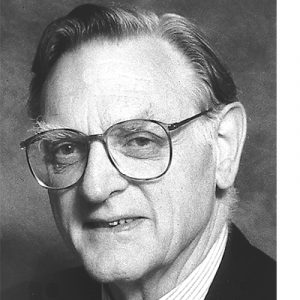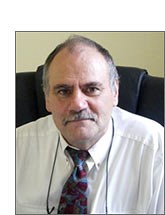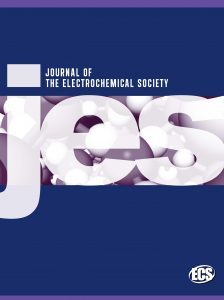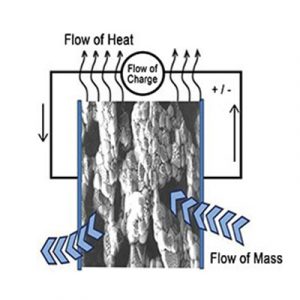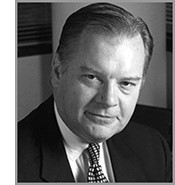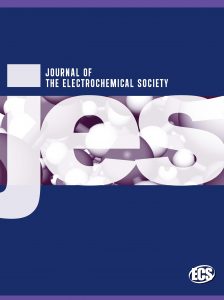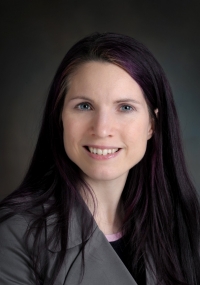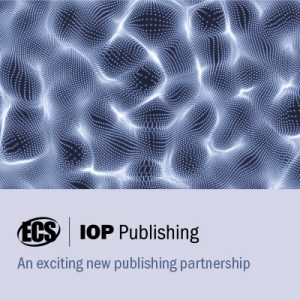Christina Bock, president of the Board of The Electrochemical Society (ECS), congratulated John B. Goodenough, M. Stanley Whittingham, and Akira Yoshino who today were jointly awarded the 2019 Nobel Prize in Chemistry.
“On behalf of the entire ECS community, I would like to extend my sincerest congratulations to our esteemed members: John Goodenough, M. Stanley Whittingham, and Akira Yoshino on being awarded the 2019 Nobel Prize in Chemistry ‘for the development of Lithium-ion batteries,’” said Bock. “This is fitting recognition for the truly groundbreaking advancements these pioneers have made for our field and for the whole of humanity. Simply put, their research is the enabling science upon which the solutions to the grand challenges facing the planet—renewable energy, clean transportation, communications to name but a few—will be based. We are honored to count their almost 60 years of combined membership among our ranks.” (more…)


